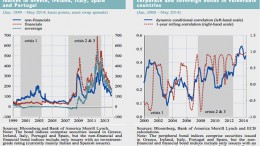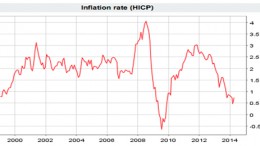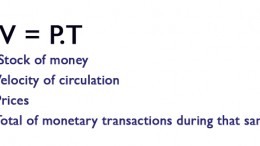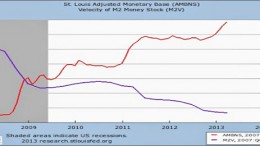ECB: When monetary policy involves exploration
BERLIN | By Jean Pisani-Ferry via Caixin | The small world of central bankers, market participants, economic officials and financial journalists is feverishly debating whether the European Central Bank (ECB) is about to embark, and should embark, on an unconventional monetary policy course. For the outsider, the whole discussion may look odd: Why has the issue become important? Hasn’t the ECB already embarked on such a course?





